

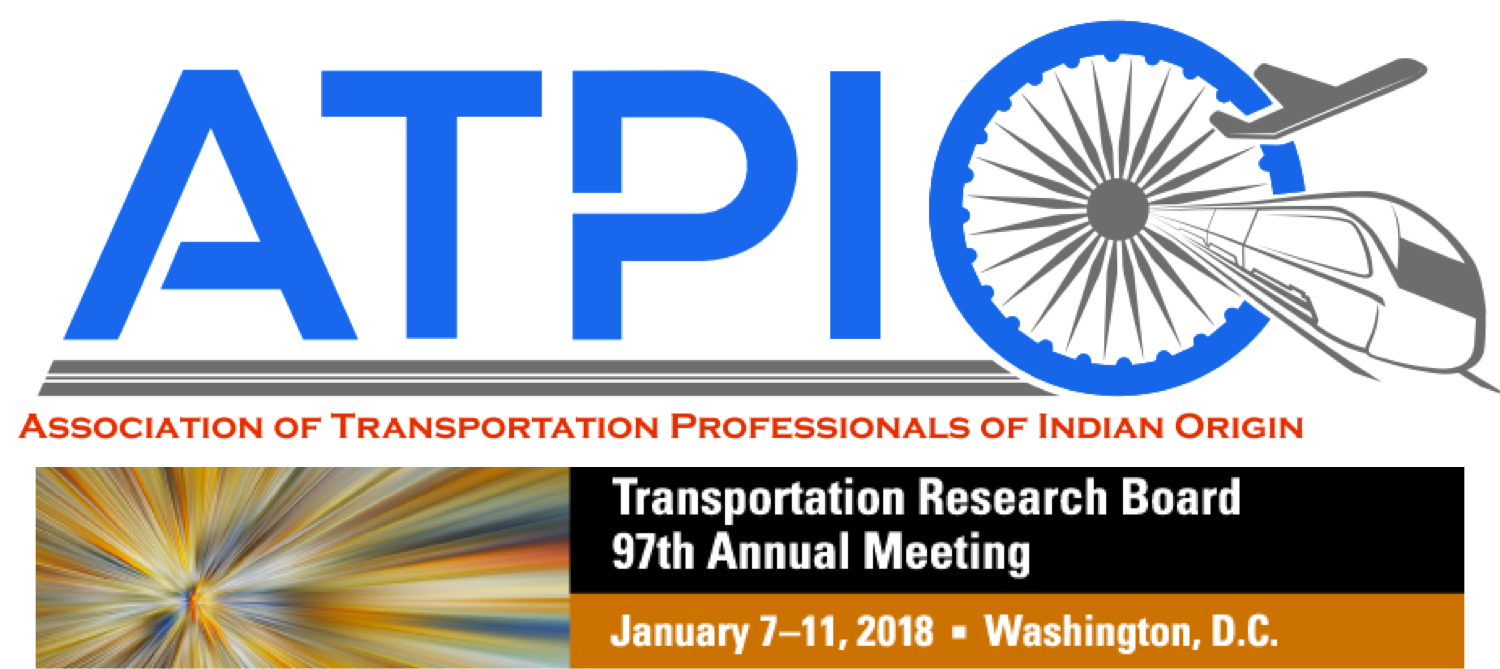
ATPIO’s 2018 Annual Meeting to be Held at TRB on Jan 7

Join us at our annual meeting and reception on Sunday, Jan 07, 2018 from 5:30 PM to 7:30PM at Room/Venue: 101 / Washington DC Convention Center.
|
Officers: Founding Chair: Dr. Kumares Sinha, Purdue University, USA President: Mr. Arun M. Shirole’, Engineering and Management Consultant, USA Vice President: Dr. Vijay Gopu, University of New Orleans Secretary: Dr. Sushant Sharma, Texas A&M Transportation Inst., USA Treasurer: Dr. Sabyasachee Mishra, University of Memphis, USA Board Members: Dr. R. Jaykrishnan, University of California, Irvine, USA Dr. Mohan M. Venigalla, George Mason University, USA Dr. Kiran Bhatt, K.T. Analytics, Inc., USA Praveen Pasumarthy, Cambridge Systematics, USA Mr. Salil Gokhale, Dynatest North America, Inc. Dr. Shashi Nambisan, University of Alabama, USA Mr. Jaydeep Chaudhari, AICP |
Introduction to the ATPIOThe ATPIO was established in 2004 to serve as a forum where an international community of transportation professionals that share a common heritage could come together to address relevant and emerging issues and challenges in transportation, exchange information and ideas, engage in technology transfer activities, and mentor young professionals eager to join the field. As an association that brings together transportation professionals of Indian origin, we strive to serve as an umbrella organization to facilitate enhancing of transportation systems and services in India. Our vision involves assisting and promoting transfer of transportation related knowledge and technology between professionals in India and rest of the world.The ATPIO organizes and supports workshops, seminars, meetings, and conferences where transportation professionals can share information and identify transport solutions that work in a variety of geographical, cultural, and societal contexts. The ATPIO is committed to facilitate professional networking and capacity-building and undertakes a range of mentorship activities to help junior and senior professionals alike further develop the skills and knowledge to be successful. Support ATPIO and participation in its activities. |
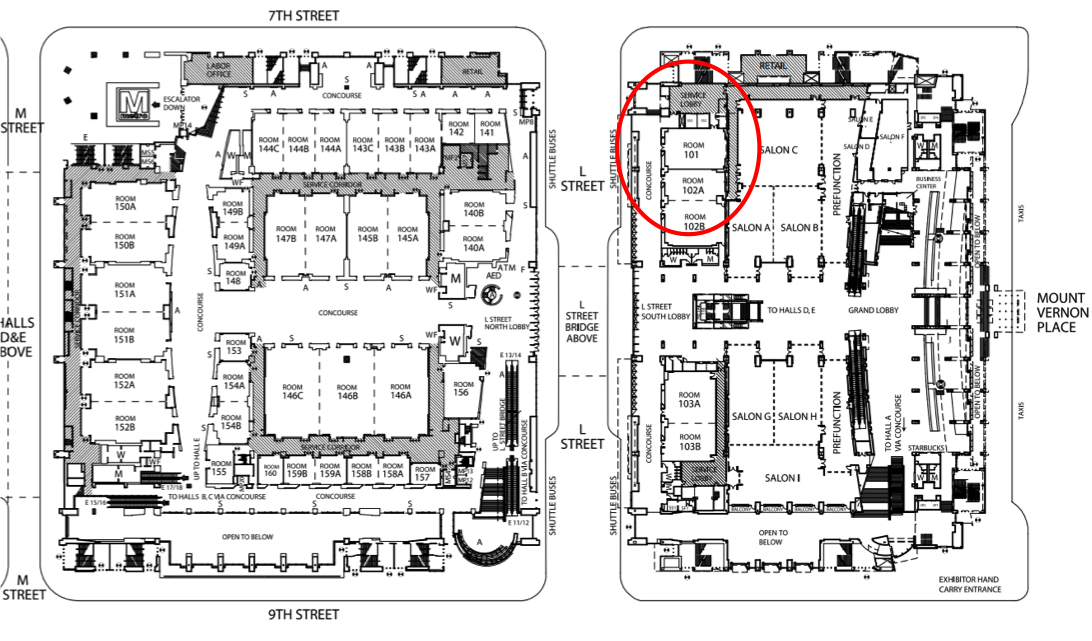
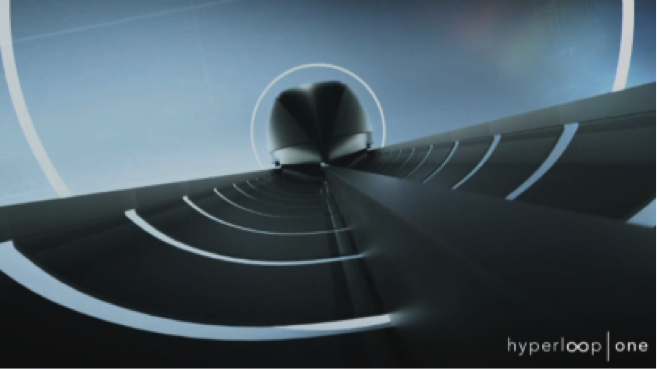
Hyperloop Becomes Closer To Reality In Colorado
By Jeff Todd
DENVER (CBS4)– Colorado is well positioned to be a leader in the hyperloop revolution.
(Reposted from: http://denver.cbslocal.com/2017/09/14/hyperloop-travel-cdot/)
On Thursday, the leading company Hyperloop One announced 10 international finalists, with five in the U.S.
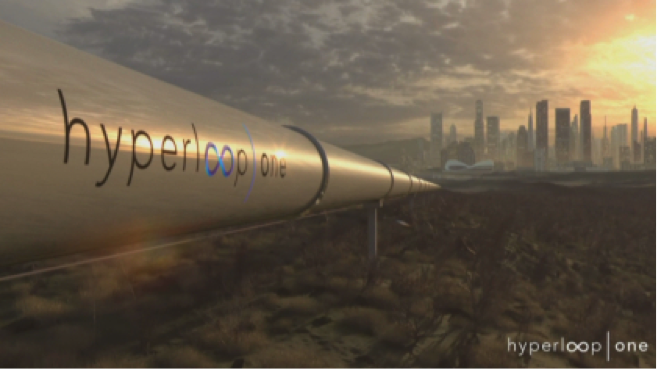
The route from Cheyenne, Wyo. to Denver with travel to Pueblo was picked as a finalist and immediately the Colorado Department of Transportation, AECOM, and Hyperloop one entered into a public-private partnership.
“It’s kind of a right place, right time, right tech. we are just trying to say Colorado is open for business for these innovative companies,” said CDOT Executive Director Shailen Bhatt.
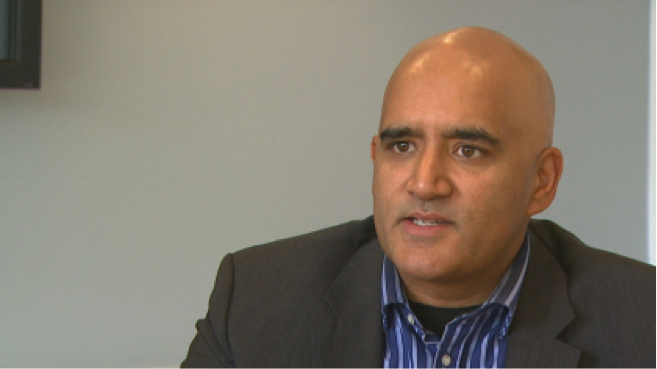
CDOT Executive Director Shailen Bhatt (credit: CBS)
CDOT says it’s starting a feasibility study to see how this concept can become a reality.
“The question is, ‘Can I build it in a way, so that it pays, or it gets paid for’ and I think that’s the unknown,” Bhatt said. “I would say it’s realistic from a technology perspective, what I don’t know yet is if it’s financially feasible.”
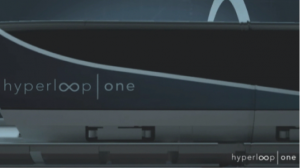
The feasibility study could cost up to $1 million and could take years. CDOT regularly spends millions of dollars each year studying transportation projects throughout Colorado.
“What we want to look at is, what is feasible, what is constructible, where can we get access to land, and that’s where we’ll start. We’re talking about a study that probably leads to a segment that leads to a much bigger network,” Bhatt said.

The Eastern Plains of Colorado could be perfect for the first Hyperloop because it’s relatively flat and the land between Denver International Airport and Greeley is cheaper than other metropolitan areas.
The technology is an issue Hyperloop One is dealing with. It’s proposing pods that would magnetically levitate off of the track. Air is sucked out of the travel tube to allow the pods to reach speeds near 700 mph without drag or disruption. But a recent test at a quarter-mile facility near Las Vegas reached only 70 mph.
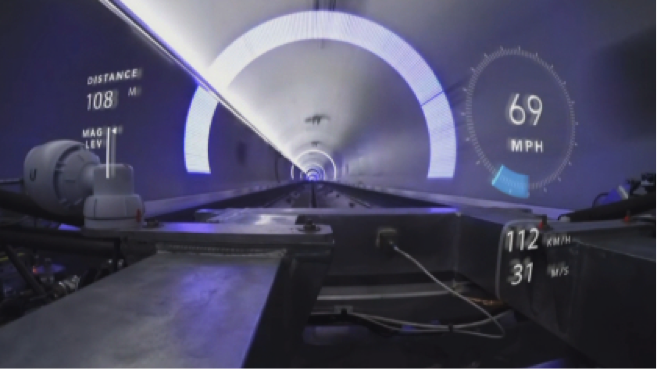
While the technology may take years, Bhatt admits the governmental studies and procedures could take just as long.
“Here comes a new mode of transportation potentially if not us then who would look at it,” Bhatt said. “Just so many different applications and again we’re so early in this but shame on us if we’re not part of that conversation and we wait for someone else to take the lead. “
Jeff Todd joined the CBS4 team in 2011 covering the Western Slope in the Mountain Newsroom. Since 2015 he’s been working across the Front Range in the Denver Headquarters. Follow him on Twitter @CBS4Jeff.
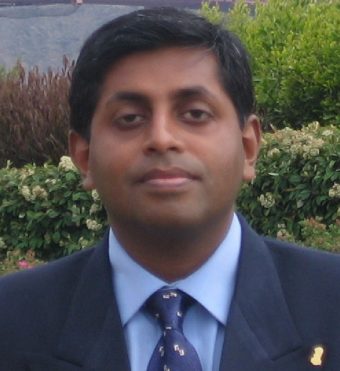
ATPIO and TRG Webinar: The Kumbh Mela Experiment
ATPIO and TRG jointly hosted a webinar on “The Kumbh Mela Experiment (KME): Measuring and Understanding the dynamics of mankind’s largest crowd – Experiences from Kumbh Mela 2016 in Ujjain” on 22nd August, 2017; 9:00 AM IST (11:30 PM ET 21st Aug).
Recorded Webinar Link: https://connect.extension.iastate.edu/p2mbuts3towf/
Abstract:
The Kumbh Mela Experiment (http://www.the-kumbh-mela-experiment.com/) is an ongoing Indo-Dutch collaborative research project funded jointly by Department of Electronics and Information Technology (DeitY), Govt. of India and Netherlands Organization for Scientific Research (NWO), Netherlands. The aim of the project is to use big data and Internet of Things (IOT) for understanding crowd dynamics in mass gatherings and develop crowd management solution particularly focusing on crowd risk. The project aims to deliver the core components of an entire crowd management solution, all the way from designing and building personnel devices for tracking movement (or more precisely human-to-human interaction) to developing advanced computational models to help predict how the crowd may evolve.
As name clearly suggests, the data collection was done during the recently held Kumbh Mela (Simhasth-2016) in Ujjain, M.P., India during 22nd April to 21st May 2016. This presentation on KME will explain the scientific aspects of the project and initial results of various experiments done/ongoing under the project.
About the Speaker, Dr. Ashish Verma:
 Dr. Ashish Verma is a Ph.D. from IIT Bombay and currently serving as Associate Professor of Transportation Engg. at Dept. of Civil Engg., Centre for infrastructure, Sustainable Transportation, and Urban Planning (CiSTUP), and Robert Bosch Centre for Cyber Physical Systems (RBCCPS) at Indian Institute of Science (IISc), Bangalore, India. Further, he was a Visiting Professor at ITMO University, Saint Petersberg, Russia during 2016. He has authored more than 100 research publications in the area of sustainable transportation and road safety.
Dr. Ashish Verma is a Ph.D. from IIT Bombay and currently serving as Associate Professor of Transportation Engg. at Dept. of Civil Engg., Centre for infrastructure, Sustainable Transportation, and Urban Planning (CiSTUP), and Robert Bosch Centre for Cyber Physical Systems (RBCCPS) at Indian Institute of Science (IISc), Bangalore, India. Further, he was a Visiting Professor at ITMO University, Saint Petersberg, Russia during 2016. He has authored more than 100 research publications in the area of sustainable transportation and road safety.
He is the Founding and Current President of Transportation Research Group of India (TRG). He is presently serving as Country Representative from India, Vice Chair (Conference) of Scientific Committee, and Steering Committee Member of World Conference on Transport Research Society (WCTRS) based in University of Leeds, UK.
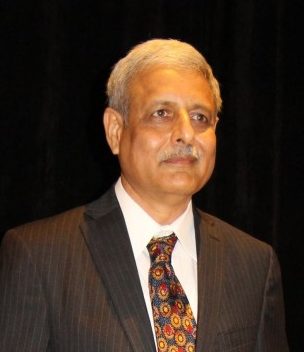
Webinar: A Case Study from Maricopa County Connected Vehicle Test Bed
A Case Study from Maricopa County Connected Vehicle Test Bed: How have Traffic Signal Systems Transitioned to Connected Vehicle Enabled Systems?
Webinar on APRIL 20, 2017 (Thursday) at 1:00 PM (US Eastern Daylight Savings Time)
Webinar link: https://connect.extension.iastate.edu/atpio/
Registration: Please register for the webinar by sending email to atpio.secretary@gmail.com, with the subject line: “Webinar April 2017 Registration”
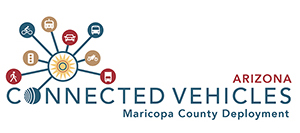
Abstract:
The foundation of rapidly advancing connected vehicle technology was the Federal Communications Commission (FCC) allocation of 75 MHz of spectrum in the 5.9 GHz band to be used by intelligent transportation systems (ITS). The primary purpose of this allocation is to drastically reduce crashes and improve road safety through the Vehicle-to-Vehicle (V2V) and Vehicle-to-Infrastructure (V2I) communications and applications. USDOT is leading the connected vehicle program and the program has advanced to pilot deployment stages. The three pilot deployment sites – New York, Tampa and Wyoming are in the deployment process. The national test beds including the Maricopa County test bed in Anthem, Arizona developed through the MCDOT SMARTDrive ProgramSM and in partnership with Arizona State DOT and University of Arizona continue to facilitate the development, testing and implementation of technology and applications with emphasis on traffic signals.
The presentation will provide overview of the connected vehicle technology and will focus on the deployment of MCDOT SMARTDrive test bed and applications in Maricopa County, Arizona.
About the Speaker, Faisal Saleem:
 Faisal Saleem is the Intelligent Transportation Systems Branch Manager for Maricopa County Department of Transportation (MCDOT) in Arizona. He is responsible for the overall supervision and management of MCDOT and AZTech ITS Projects, REACT Incident Management Program and MCDOT Traffic Management Center. He is the Chairperson of the AZTech Advanced Traveler Information Systems (ATIS) Working Group. Saleem also serves as the MCDOT SMARTDrive Program Manager and is the Chair of Deployment Guidance Technical Working Group of the National Vehicle -to– Infrastructure Deployment Coalition.
Faisal Saleem is the Intelligent Transportation Systems Branch Manager for Maricopa County Department of Transportation (MCDOT) in Arizona. He is responsible for the overall supervision and management of MCDOT and AZTech ITS Projects, REACT Incident Management Program and MCDOT Traffic Management Center. He is the Chairperson of the AZTech Advanced Traveler Information Systems (ATIS) Working Group. Saleem also serves as the MCDOT SMARTDrive Program Manager and is the Chair of Deployment Guidance Technical Working Group of the National Vehicle -to– Infrastructure Deployment Coalition.
Saleem has a Bachelor and Masters Degree in Civil Engineering and is a graduate of University of Maryland Operations Academy Senior Management Program. He is the former President of Intelligent Transportation Society of Arizona (ITSA) and founder President of Indian Engineers Forum in the Middle East.
